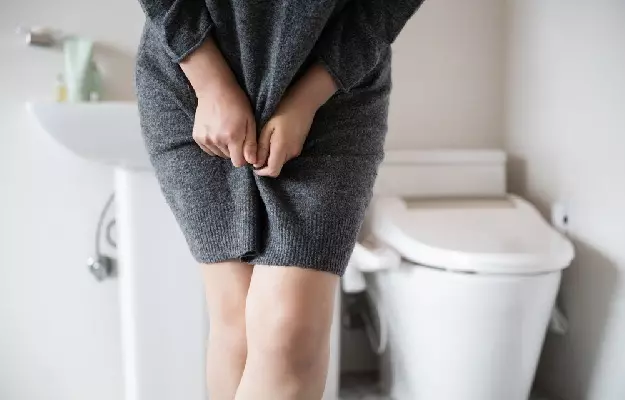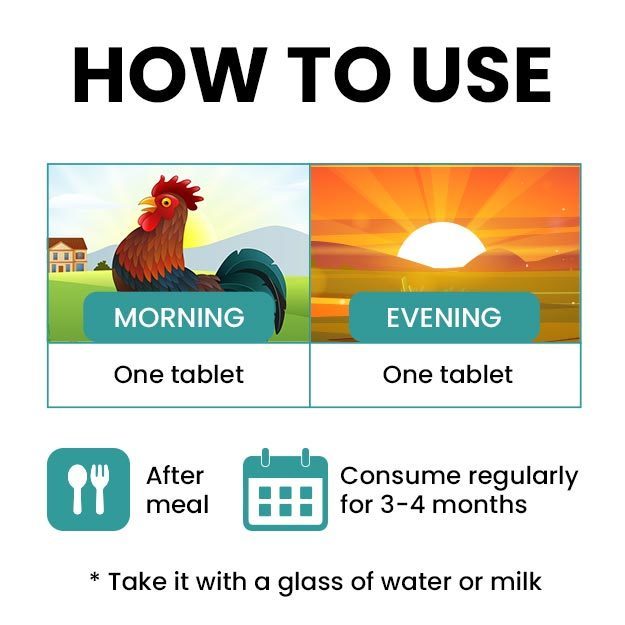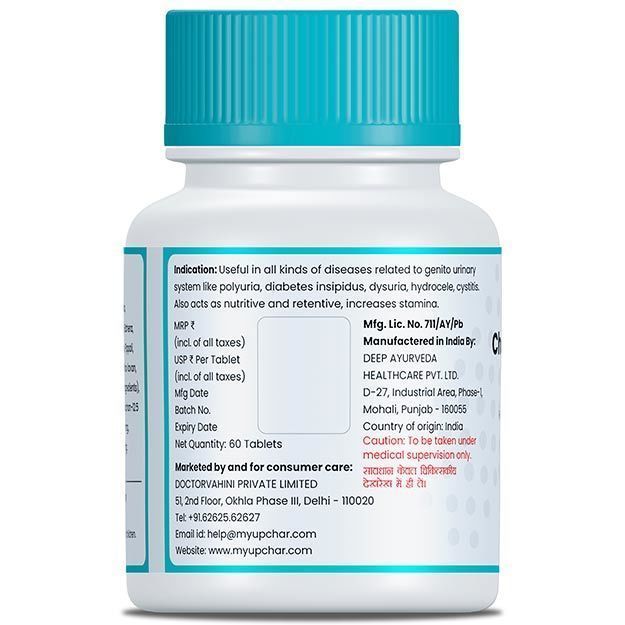Talk to your doctor if you think you pee during sex. Doctors help you tell whether you are actually urinating or whether it is just a fluid released during sex. If you are urinating during sex, your doctor will prescribe treatment to help control your incontinence.
1. Strengthen Your Pelvic Floor Muscles
If you're a woman, your doctor may prescribe you weighted vaginal cones or biofeedback techniques, in addition to Kegel exercises, to help strengthen your pelvic floor muscles. Kegel exercises can strengthen the pelvic floor muscles, the muscles that support the organs in your pelvis, and the sphincter muscles that open and close when you urinate or have a bowel movement. Kegel exercises may have many benefits, including:
In men, Kegel exercises can help not only with urinary incontinence, but also erectile dysfunction. A small study showed that 40 percent of men who had erectile dysfunction for more than six months had their symptoms completely resolved with pelvic floor physical therapy and doing Kegel exercises at home. Exercises can be done standing, sitting, or lying down, and they can be done at any time or place. Before doing these, make sure to empty your bladder.
First, locate your pelvic floor muscles. Once you've identified those muscles, tighten them when you're not urinating, hold them for five seconds, then relax them completely. During this, do not tighten the muscles of your stomach, legs or buttocks. Try doing this 20 times at a time.
Read more - (Frequent urination during pregnancy symptoms)
2. Bladder Retraining
Bladder training helps you get better control over your bladder. It helps in curing your urinary incontinence problem.
Bladder training involves using the toilet at a set time, whether you feel the urge to go or not. If you feel the need to urinate before the scheduled time, use relaxation techniques but do not go to urinate unless you can hold the urine. Gradually, the time period between bathroom breaks can be increased to 15-minute intervals, with an ultimate goal of three to four hours between urinations. It may take 6 to 12 weeks for you to reach your goal.
3.Change In Lifestyle
For some people, lifestyle changes may help prevent urination during sex:
-
Try different positions during sex. This may help you find a method that doesn't put pressure on your bladder.
-
Empty your bladder before sex.
-
If you are overweight, losing weight may help.
-
Limit your intake of beverages and foods that contain caffeine or alcohol. Caffeine and alcohol act as diuretics, as well as irritate the bladder, so they can increase your urge to urinate.
-
Avoid drinking too much alcohol right before sexual activity. This will reduce the amount of urine in your bladder.
4. Medicines And Other Treatments
Medications are usually only given when pelvic floor exercises and lifestyle changes are not effective in relieving symptoms. Medications that are often prescribed to treat incontinence include:
-
Medications that reduce bladder spasms, such as darifenacin (Enablex), solifenacin (VESIcare), and oxybutynin chloride (Ditropan).
-
Antispasmodic, anti-tremor medications such as hyoscyamine (Cystospaz, Levosin, Anaspaz)
-
Botox injection into the bladder muscles
-
surgery to increase bladder size
Read more - (pelvic floor exercise)





































